Today’s “Intensities” section at the bottom of this issue includes a rundown of recent US political news. Thanks for being here.
NEWS
New Works
Emily Watlington, in a recent Art In America review of For Dear Life: Art, Medicine, and Disability (closing this week at the Museum of Contemporary Art San Diego), identifies a ‘methodological identity crisis’ in the curatorial expansion of ‘disability.’
Andy Slater: Paintings & Sculptures is up at the University Galleries of Illinois State University. The works, meant to be touched or held rather than seen, “trouble the ocularcentrism that is at the core of the ‘visual’ arts.”
Steven Verdile, founder of the disability satire site The Squeaky Wheel, recently struck a serious tone in an essay about “disability unity” for Cr*pple Media.
Kennedy Dawson Healy recently recommended readings and resources to prepare for cuts to care for Crip Crap’s Cripticisms series.
On social media, New Disabled South announced the launch of the Black Disability Institute, led by Director of Data and Research Kiana Jackson and Co-Founder/COO Kehi Iman Wilson, with Dr. Sami Schalk as a Senior Research Fellow.
Legal scholar Vijay K. Tiwari recently wrote about the 75 year-long role of the Supreme Court of India in efforts to ‘crip’ the nation’s constitution.
Disabled advocate and author Mary Fashik recently published “Showing Up Online Just Got Harder for the Disabled and Chronically Ill Community” on her blog.
CALLS
Labs for Liberation has announced the Summer Institute on Disability and Design, a 6-week program with a public lecture series and immersive design labs. Applications for paid participation in the design labs are open until March 7. More here.
Apple Studios and CODA writer/director Siân Heder are casting disabled people (with or without acting experience) for Radical, a film about Judy Heumann and the 504 sit-in. Submit by Friday, Jan. 31. More here.
New Disabled South is hiring a full-time Donor Organizing Manager. Interviews will being by March. More here.
The Collective Loss Adaptation Project is seeking a part-time Program Administrator. More here.
Artist Jessica E. Blinkhorn is seeking submissions from Atlanta-based disabled photographers for a show with Atlanta Photography Group. More here.
EVENTS
Community Care Clinic for Disabled and Chronically Ill Movement Folks
TODAY, Jan. 27, 3 - 5pm ET, on Zoom
The space will be animated by questions such as: What does it mean in our activism, in our movements, in our work and in our communities to be all in? What sacrifices are inherent, what do we gain, what do we give up and what is expected of us? Am I worthy, do I have the ability to be in the movement, do I have a place here?
Crip Grief Circle
Friday, Jan 31, 2pm ET, on Zoom
A grief circle is a way to talk about your grief together during a set space and time limit. We will meet on zoom to share how we’re feeling and managing grief. The space will be open for two hours and we will take turns speaking. a crip grief circle welcomes you as you are and invites you to stay as long as you can.
MoMA Disability Art Chats with Chella Man
Wednesday, Jan. 29, 6 - 8pm ET, on Zoom
This program considers how projected identities influence our sense of self and understanding of our bodies. Exploring Vital Signs: Artists and the Body, Chella Man will be drawing parallels between the body and spirit using exhibition works and his own projects.
Diversability Unplugged: Celebrating Disabled Creatives
Wednesday, Jan. 29, 6 - 8pm PT, in-person in Culver City, CA
Centered around Disability and Creativity, this event will feature a panel of exceptional creatives including Jillian Mercado (Actress, Model & Activist), Marisa Hamamoto (Founder, CEO, Artistic Director, Infinite Flow Dance), Stephanie Nogueras (Actor, Mentor & Founder of Pepita Productions), moderated by Lauren Freedman (Chronic Illness, Autoimmune, & Mystery Symptom Coach; Patient Advocate & Speaker)
The Overload, Briefly Noted
The ableist status quo in our news ecologies is very often bonkers. Lately though, it’s been hyper-bonkers.
These shock campaigns are meant to wear us down. Just keeping tabs on things feels like a lot of work. To help counter the overload, here is a briefly contextualized rundown of some recent developments in the US:
This week, RFK Jr. will begin the confirmation process for his nomination to lead the Department of Health and Human Services (HHS), which oversees some of the most important disability-related agencies.
The debt-saddled conspiracy theorist stands to benefit financially from his profoundly dangerous oppposition to vaccines.
In May 2021, 6 months after Covid vaccines started saving an estimated 140,000 lives, he petitioned the FDA to stop their release.
Kennedy would oversee the response to the current H5 bird flu, which has 67 confirmed human cases in the US and presents unique dangers to immunocomprised people.
He recently skipped a required administration transition meeting where nominees talked through a hypothetical future bird flu pandemic.
Some of the US’s estimated 300,000 polio survivors are pressing Republican Senators to oppose his confirmation.
The “broligarchs” with prime seating at Trump’s inauguration are poised to operationalize their “high T alpha male” supremacy with corporatized eugenics that will supercharge a public health polycrisis.
The weakening of federal agencies should be understood in terms of effective subsidies for already under-regulated industries.
For example, an order to suspend all public communications at the National Institutes of Health includes a freeze on all purchasing. This compromises patients’ access to medications, may invalidate ongoing studies, hampers any attempt to reform unethical NIH funding, and prevents journalists from accessing scientists who explain the full scope of dangers about medicines that are brought to market.
The nominee to run the Office of Management and Budget told Senators in his confirmation hearing that he supported work requirements for Medicaid. The Congressional Budget Office estimates that the 600,000 people who become uninsured as a result, including disabled people who need Medicaid to cover medical costs that employment benefits do not, would save the federal government $109 billion over ten years.
The Trump administration’s actions are already weaponizing health and immigration status against each other. Disabled migrants are in particular danger.
There is uncertainty about who is defined under the “public charge” rule, which creates grounds for denial of admission to the US if someone is deemed likely to become dependent on long-term public aid. As a result, many noncitizens can’t access safety net programs that are essential for their health.
The Trump administation recently rescinded guidelines that prevent immigration police from conducting raids in healthcare facilities, creating further obstacles to receiving medical care.
Of course, there is much more news to cover. We’ll keep at it in the coming issues.




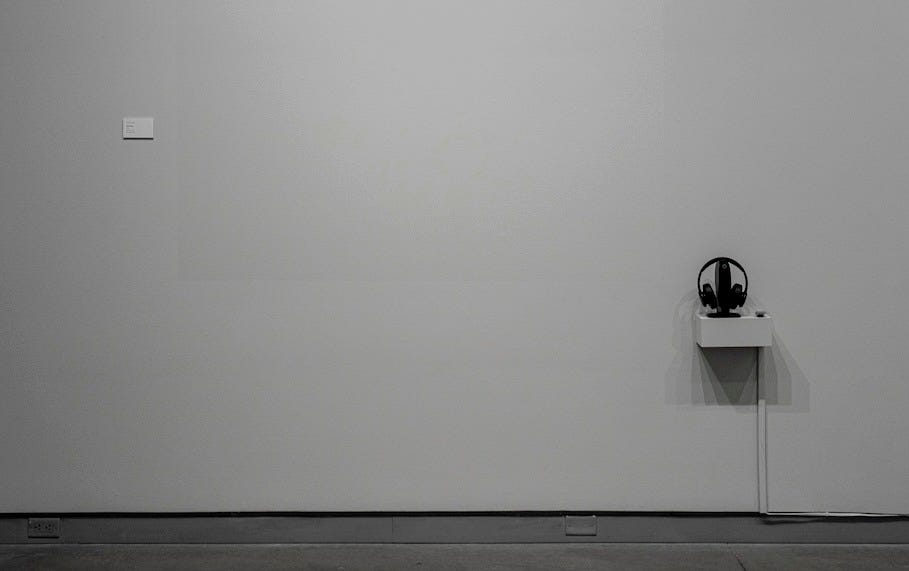
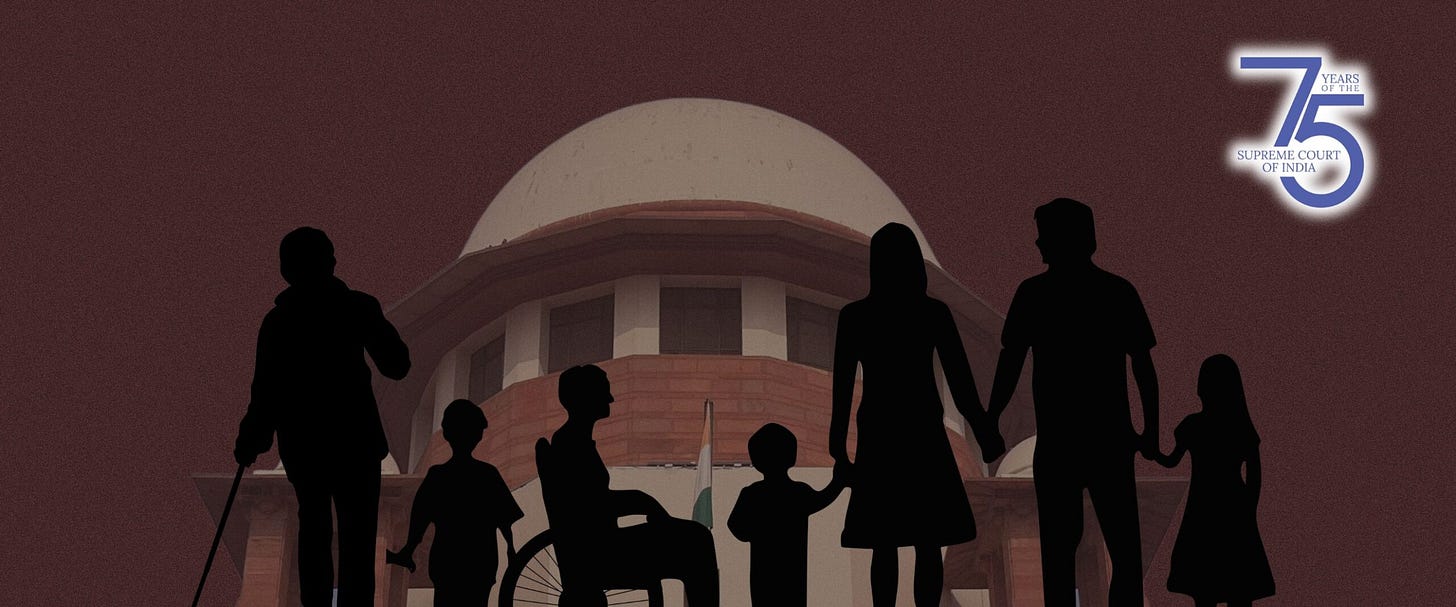
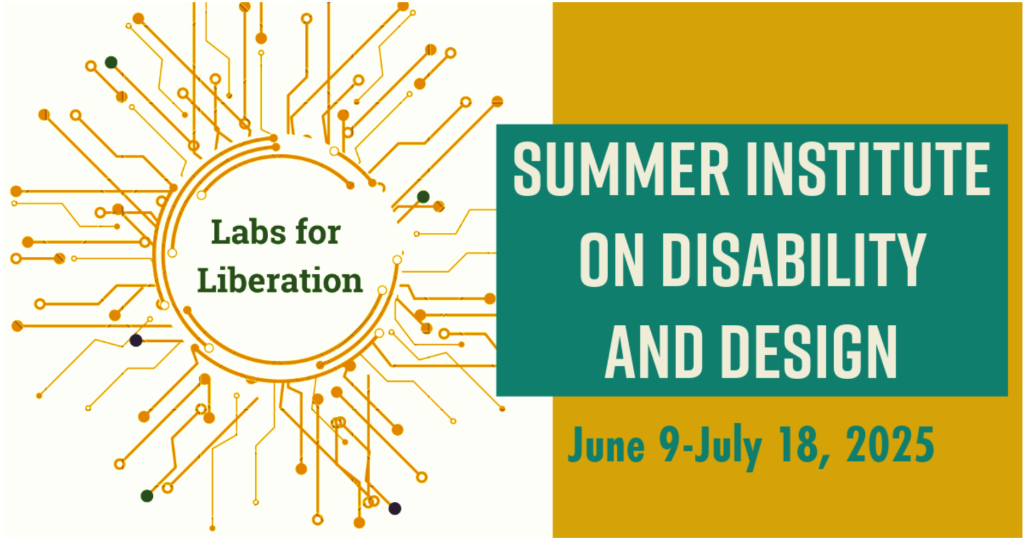
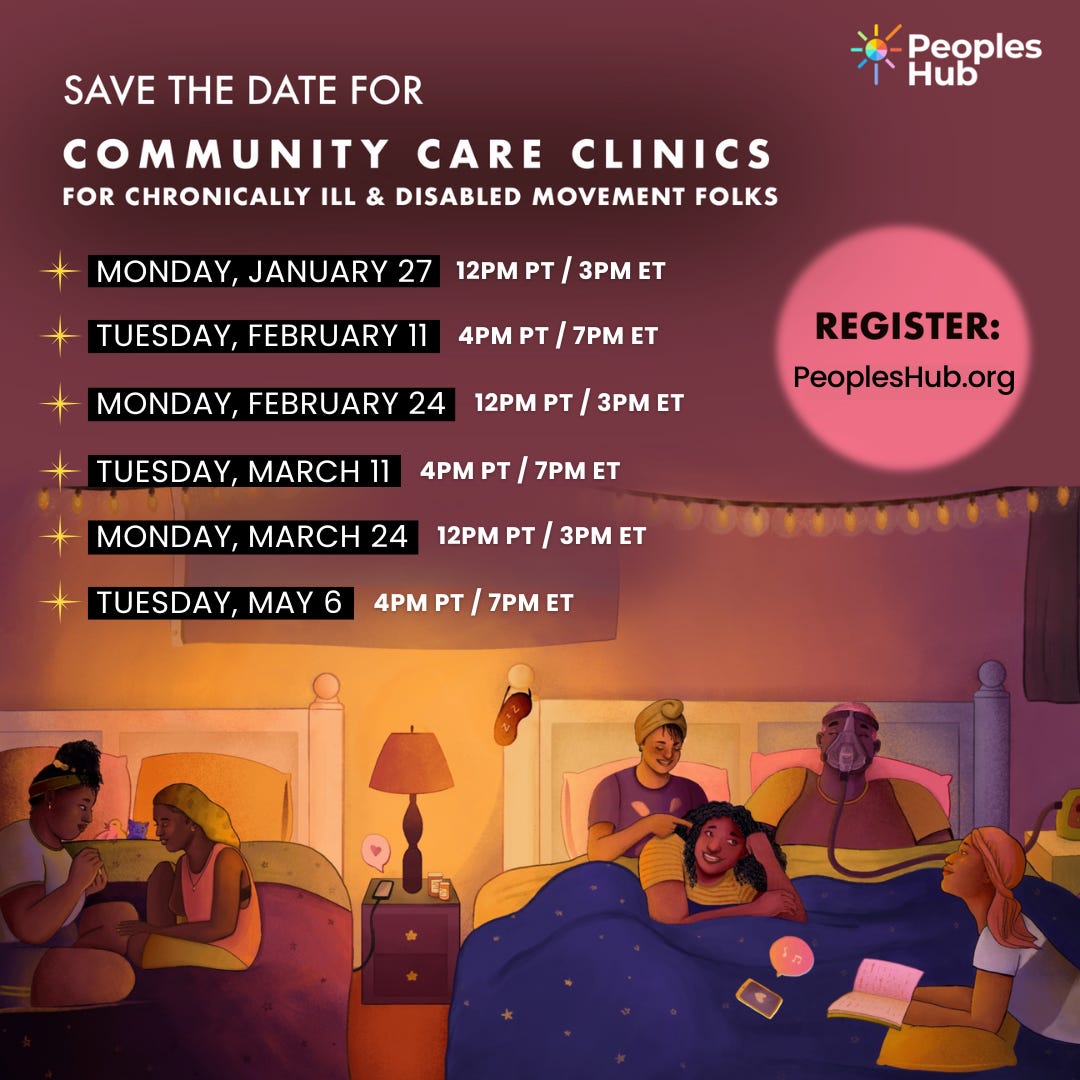

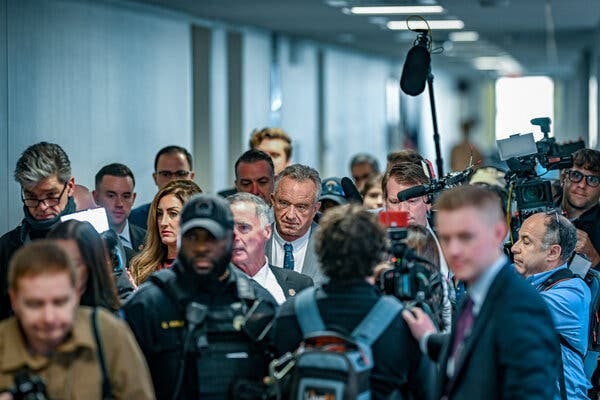
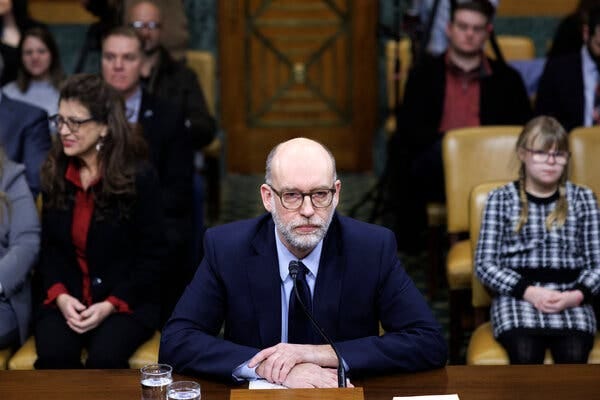
Hi! In both this and the last issue you have misspelled Sami Schalk’s last name